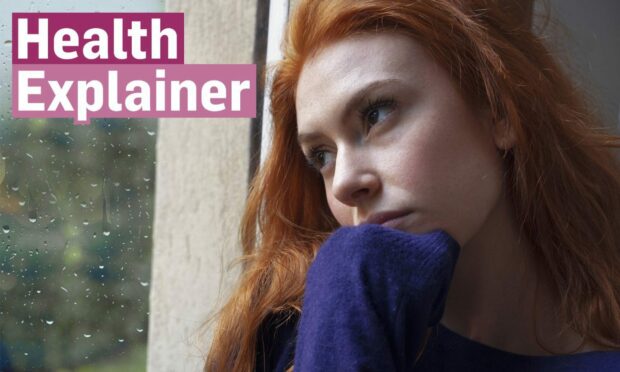ADHD begins in childhood, but how does it progress into adulthood – and what are the signs to look for?
A growing number of people are being diagnosed with the condition after their teenage years, and it’s thought many more could be unaware they also have it.
Attention deficit hyperactivity disorder typically leads to people feeling restless, or having difficulty concentrating.
Generally it’s diagnosed when a child is between three and five, but lots of people are finding their cases were not recognised when they were young.
The Scottish ADHD Coalition says as many as one in 25 Scots could benefit from medication but, at their last count in 2017, just one in 1,000 Scots were being treated.
What are the symptoms of ADHD in adults?
The condition can usually be separated into one of two categories – with some experiencing symptoms of both.
It’s divided into inattention and hyperactivity or impulsivity.
For adults, they tend to be more subtle but there are a total of 18 markers people with ADHD are likely to relate to.
Symptoms of inattention
A person who…
- Lacks attention to detail
- Has difficulty concentrating
- Doesn’t seem to listen when being spoken to
- Fails to follow tasks
- Is disorganised
- Avoids tasks requiring “sustained mental effort”
- Often misplaces items
- Gets easily distracted
- Is forgetful
Symptoms of hyperactivity/ impulsivity
A person who…
- Fidgets a lot, or squirms in their chair
- Has trouble remaining seated
- Experiences restlessness
- Finds it hard to take part in activities quietly
- Acts like they’re “driven by a motor” – finding it hard to stay still/ slow down
- Talks a lot
- Blurts out answers
- Interrupts or intrudes on others
- Has difficulty waiting/taking turns
I think I have ADHD – what do I do?
To get a diagnosis of ADHD, an assessment needs to be carried out – usually by a psychiatrist. It’s not something that you can decide on your own.
The Scottish ADHD Coalition has created a guide to help you with the process, which also includes links to self-report sheets which you could show your GP.
If your GP believes you are displaying “sufficient symptoms” of ADHD, they will refer you to a local mental health team for an assessment.

Once you go for your appointment, it’s advised to provide any childhood evidence of ADHD such as school reports or letters from loved ones who knew you at the time.
It’s also favourable to bring along a family member or close friend to your appointments as they may be able to recall incidents highlighting your symptoms.
Adults with ADHD can be treated on the NHS – this is often through medicine to help concentration, therapy, or a combination.
Read more:
Fittie neighbours launch podcast challenging stereotype that ADHD is only ‘hyperactive little boys’
‘There are benefits to it’: Aberdeen ultramarathon runner to show schoolkids the upsides to ADHD
Parents praise ‘drug-free’ approach to ADHD rolled out in western Scotland



Conversation